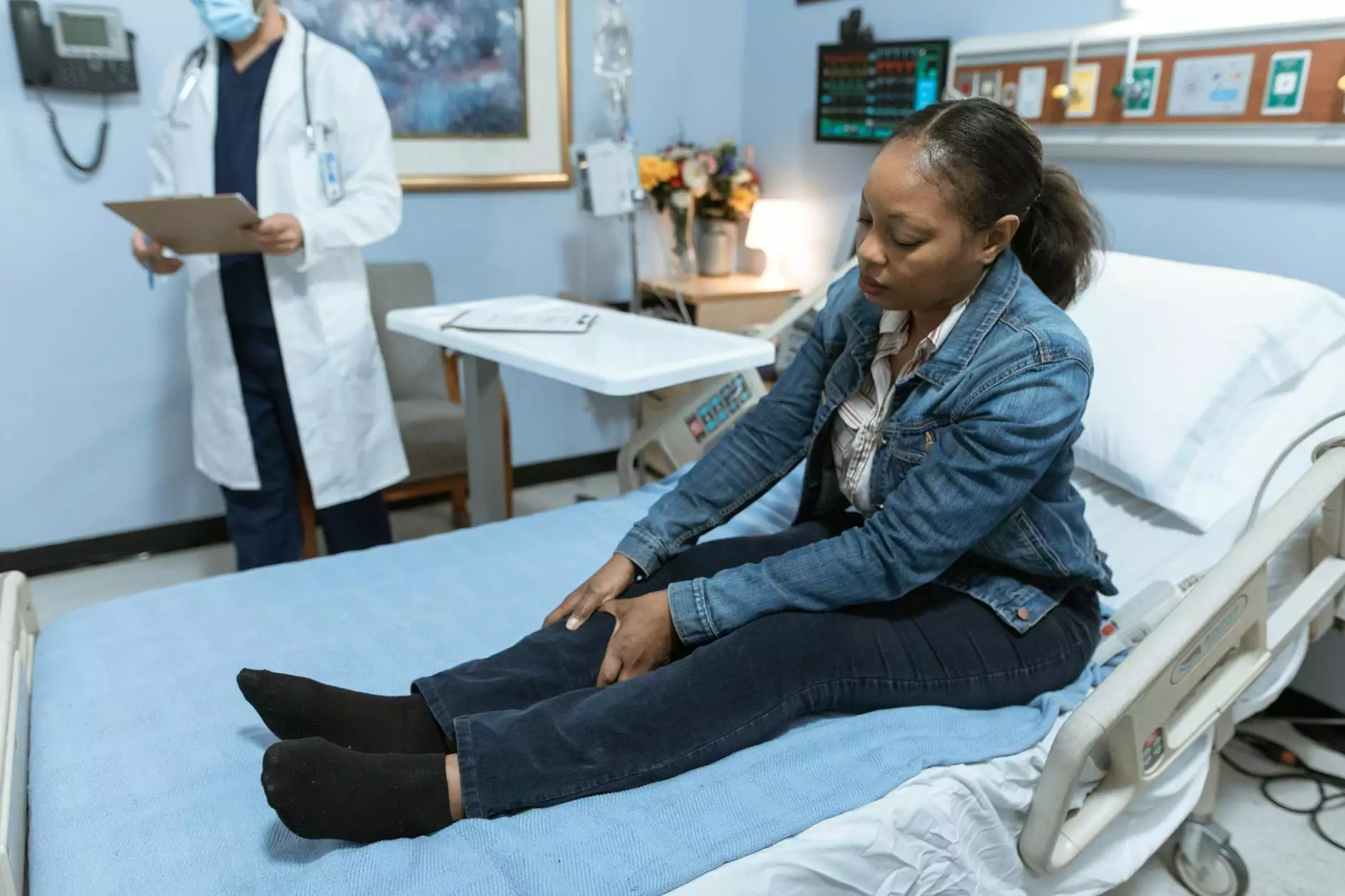Understanding the Essential Role of an Oncology Doctor

In the realm of medicine, few specialties require as much dedication and expertise as that of an oncology doctor. Oncology, the branch of medicine that deals with the prevention, diagnosis, and treatment of cancer, is crucial in today’s healthcare landscape as cancer continues to affect millions globally.
What is an Oncology Doctor?
An oncology doctor is a medical professional specialist trained in diagnosing and treating cancer. These physicians possess extensive knowledge about various types of cancer, including their progression and the best treatment strategies to employ. Their expertise also extends to managing the side effects of treatment and providing comprehensive care throughout the cancer journey.
Types of Oncology Doctors
Oncology is a diverse field with several subspecialties. Understanding these variations can help patients navigate their treatment options better. The main types of oncology doctors include:
- Medical Oncologists: Focus on treating cancer with chemotherapy, targeted therapy, and immunotherapy.
- Surgical Oncologists: Specialize in performing surgery to remove tumors and cancerous tissue.
- Radiation Oncologists: Use radiation therapy to treat cancer.
- Pediatric Oncologists: Specialize in treating cancer in children.
The Importance of Early Detection
Early detection is critical in the successful treatment of cancer. The earlier an oncology doctor can diagnose cancer, the higher the chances of successful treatment and recovery. Regular screenings and awareness of potential cancer symptoms can help individuals take proactive steps towards their health.
Common Screening Methods
Many types of cancer can be detected early through routine screening practices. Some effective screening methods include:
- Mammograms: Used for early detection of breast cancer.
- Colonoscopies: Effective for detecting colon cancer.
- Prostate-Specific Antigen (PSA) Tests: A blood test used to screen for prostate cancer.
- Pap Smears: Essential for detecting cervical cancer.
The Role of an Oncology Doctor in Treatment Planning
Once cancer is diagnosed, an oncology doctor plays a pivotal role in creating a comprehensive treatment plan tailored to the patient's specific needs. This plan may include a combination of treatments such as surgery, chemotherapy, radiation, and more depending on the type of cancer and its stage.
Collaborative Care Approach
The treatment process often involves a multidisciplinary team. An oncology doctor collaborates closely with:
- Pathologists to understand the cancer type
- Radiologists for imaging studies
- Surgical teams for operating procedures
- Nurses and support staff for patient care
Advancements in Cancer Treatment
With ongoing research and technological advancements, the field of oncology has made significant strides in recent years. Treatments that once seemed impossible are now becoming a reality, thanks to novel therapies and biomedical research.
Innovative Treatment Options
An oncology doctor is often at the forefront of utilizing innovative treatment protocols, including:
- Targeted Therapy: Treatments that specifically target cancer cell mechanisms and pathways.
- Immunotherapy: A revolutionary treatment that harnesses the body's immune system to fight cancer.
- Gene Therapy: Techniques aimed at modifying or manipulating genes to stop or slow the progression of cancer.
The Emotional Support Role of an Oncology Doctor
While treating cancer involves a scientific and medical approach, the emotional and psychological aspects are equally important. An oncology doctor must provide not only medical guidance but also emotional support to their patients and their families.
Patient-Centered Care
The concept of patient-centered care is essential in oncology. An oncology doctor should be able to:
- Communicate Effectively: Explain complex information in understandable terms.
- Listen Attentively: Understand patient concerns and preferences.
- Empathize: Acknowledge the emotional distress often associated with a cancer diagnosis.
- Support Decision-Making: Assist patients in making informed choices regarding their treatment options.
Integration of Research and Clinical Practice
Today’s oncology doctors often engage in clinical research, allowing them to bring cutting-edge treatments to their patients. This integration of research and clinical practice ensures that patients receive the most effective and innovative therapies available.
Clinical Trials: A Gateway to New Treatments
Participation in clinical trials can provide patients access to new therapies that are not yet widely available. An oncology doctor can help patients understand the potential benefits and risks associated with joining a clinical trial, paving the way for advances in cancer care.
Conclusion
In summary, the role of an oncology doctor is multifaceted, combining medical expertise with compassionate patient care. Early detection, innovative treatment approaches, and emotional support are all critical components of an oncology doctor's practice. As the field of oncology continues to evolve, the dedication of these specialists remains vital in the fight against cancer, ultimately improving patient outcomes and quality of life.
The journey through cancer treatment can be daunting, but with the guidance of an experienced oncology doctor, patients can navigate the complexities of their diagnosis and treatment with confidence and support.








